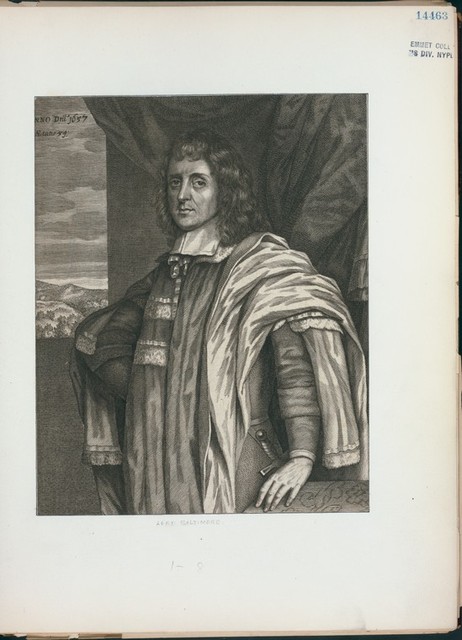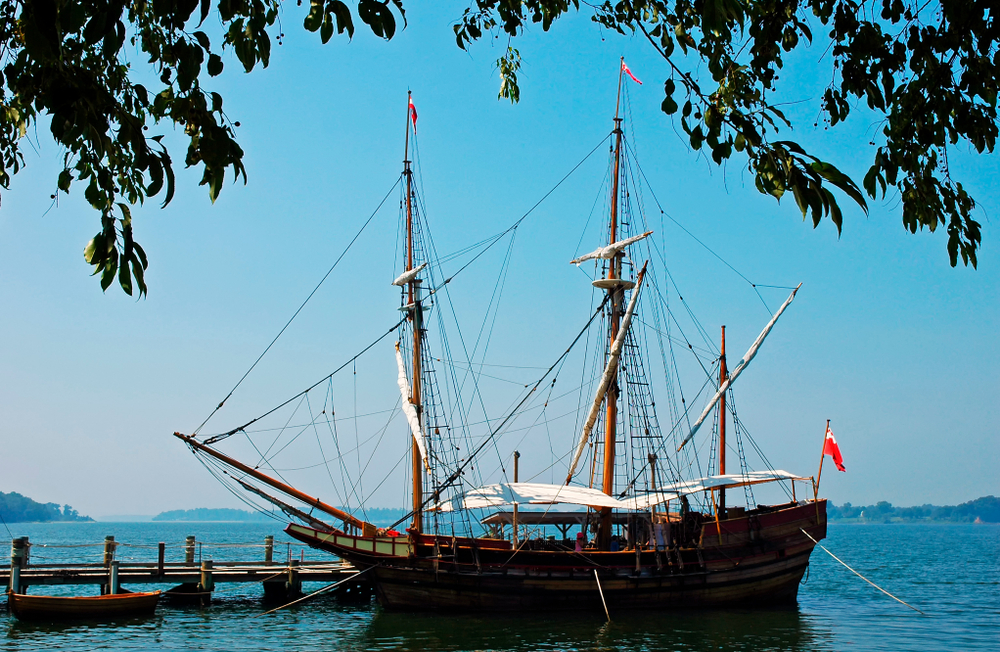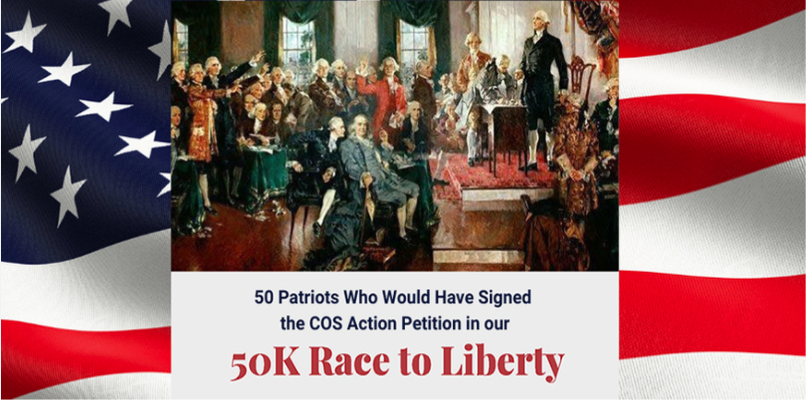In previous articles we learned about the 4 Maryland signers of the Declaration of Independence. There are two more Marylanders who left their indelible mark upon the Maryland Colony: Cecil Calvert, Lord Baltimore II and Father Andrew White.

Cecil Calvert was the son of George Calvert, who was granted land in Baltimore, Ireland – a favor from King James I for services rendered as his Secretary of State. With the King’s permission, George organized a group to form a new colony devoted to religious freedom. After making a go of it in Newfoundland, Canada, the colony failed due to a cold climate that would not support crops.
Upon his return to England, George Calvert died as did King James I and their sons carried on for them. King James was replaced by his son, Charles I and Cecil Calvert took over his father’s title as Lord Baltimore II.
Calvert’s important contribution was the establishment of the Maryland Colony having made a most unusual arrangement with King Charles I. The charter he was granted included the ability to trade with other countries and collect taxes as the sole proprietor of the colony. In exchange, Calvert named the colony, Terra Maria (land of Mary) for Queen Henrietta Maria, and the colony was to render 20% of all the gold and silver that was to be found.
But how was Cecil Calvert going to populate the new colony, establish trade and make a profit? His clever plan ingeniously made him and his gentlemen investors wealthy. As the owner of the Maryland Colony, Calvert gave 2,000 acres of land to each investor who paid ship’s passage for 5 indentured servants to come over and work their land – usually a 4-7 year indenture. In return for their work, each indentured servant received their own 50 acres of land at the end of their indenture.
Tobacco, a cash crop (meaning it was used as currency), was the major product since it was not grown in Europe, so ships’ captains would purchase all they could find when they put into port at the Maryland and Virginia Colonies. As a result, the Maryland Colony flourished as people flocked to become indentured servants or gentlemen investors.
In today’s world, Cecil Calvert would have rivaled any business tycoon or real estate mogul. He would certainly embrace our country’s Free Enterprise System, which has stimulated the growth of many businesses, making America the most prosperous nation on earth.
Father Andrew White knew all too well just how precious liberty was; during his time, Catholics were a restricted people who did not have the advantages of a good education or prestigious positions as their Protestant neighbors.
With a failed attempt at the Colony of Avalon in Newfoundland, Canada, where the climate was too cold to grow crops for sustenance, Father White traveled with others to the English colony of Jamestown, Virginia.
They then made their way up the Chesapeake Bay, landing at St. Clement’s Island, where the first Catholic mass was celebrated in an English colony.
 Traveling eastward, they then made their way up the Bay and settled the land calling it St. Mary’s City, which was to become Maryland’s first capital.
Traveling eastward, they then made their way up the Bay and settled the land calling it St. Mary’s City, which was to become Maryland’s first capital.
Father White kept a journal of these travels, which he called, Voyage into Maryland, which serves as a primary source, documenting the voyage of the colony on the ships that brought them from England, The Arc and The Dove. Pictured above is a replica of The Maryland Dove, which is on display in Historic St. Mary’s City.
Father White worked hard to learn the language of the Piscataway tribe and became influential among the Native Americans, especially with the Tayac, or head chieftain, whose name was Kittamaquund, and who eventually became a Catholic.
Among Father White’s indentured servants was one such fellow, who was known as Matthias de Sousa, from Portugal – the first black colonist who became a freeman at the end of his four year indenture. He earned his living as a fur trader for the Jesuit Priests and ship’s captain. Eventually, he was elected as a representative to the Maryland Assembly.
So, while Cecil Calvert practiced free enterprise and Father Andrew White promoted religious freedom, it is my belief that both would embrace our Article V resolution calling for a Convention of States to promote 1) fiscal responsibility in our government, 2) a more stable state sovereignty by reducing federal overreach, and 3) term limits of Congress and judicial appointees.
Join our 50K Race to Liberty in support of protecting our nation's prosperity and freedoms by signing the petition and double the number of signatures to our Maryland resolution.






